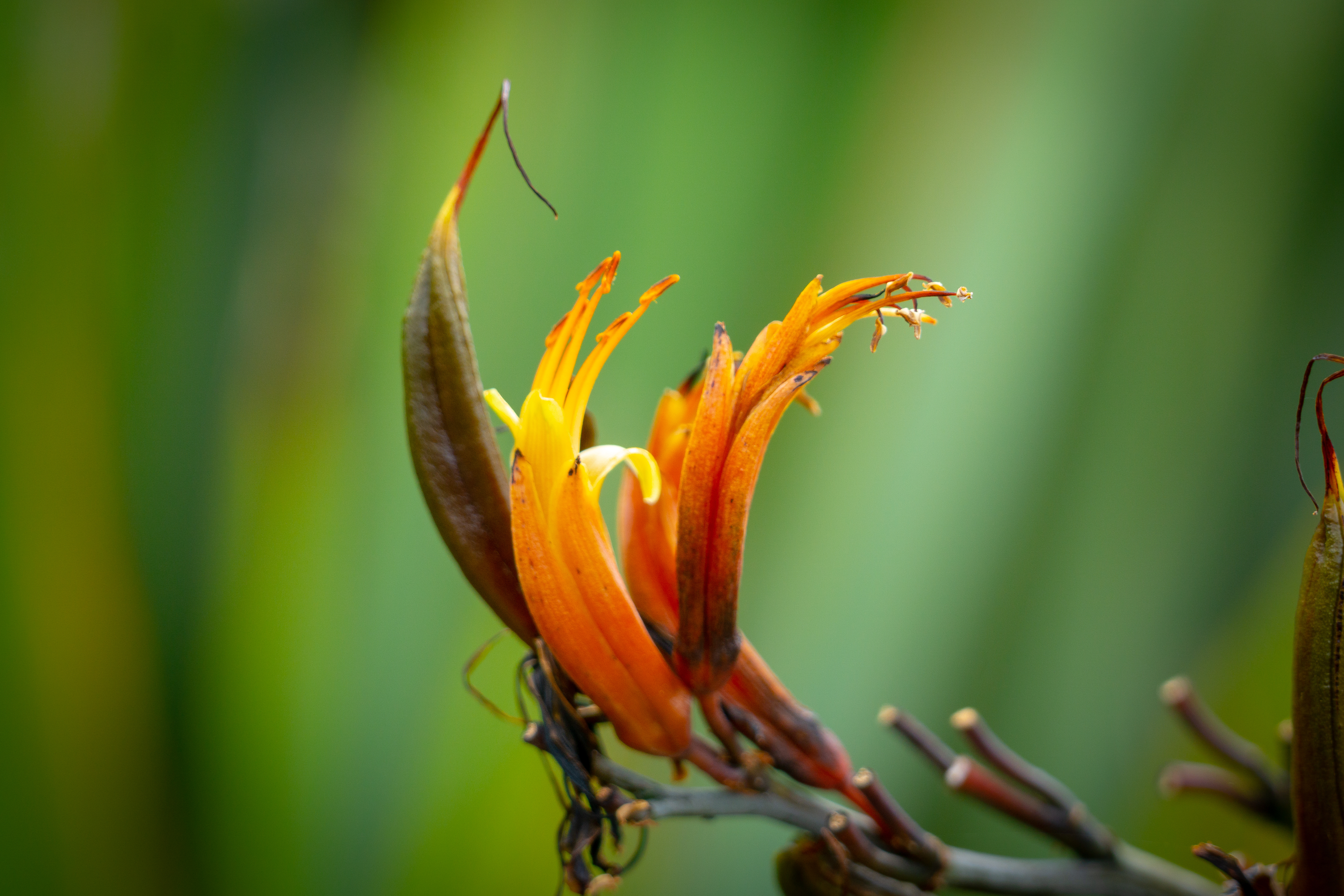Mr X
An early life of sexual and physical abuse followed by tormenting loneliness

Mr X began running away to avoid violence at home. From around the age of 11 he was sent to Ōwairaka Boys’ Home in Auckland, where he was placed several times. He was also placed at Hokio Beach School and Kohitere Boys’ Training Centre, both in Levin, and eventually a borstal (youth detention centre) in Invercargill.
In Ōwairaka and Hokio Boys’ Homes, he was repeatedly sexually abused by staff. He was also subjected to vicious physical abuse, including, at Ōwairaka, being forced to take part in “boxing rings” that ended only when one boy was no longer able to continue fighting. He was placed in solitary confinement for long periods, and he was deprived of an adequate education, despite being described as a high-achieving student.
Mr X also suffered racial discrimination because of his Samoan heritage, the impact of which included a loss of cultural identity, a loss of the Samoan language and a lack of any sense of belonging in early adulthood.
Mr X said he lived in a kind of void afterwards. “For years and years, I used to travel around New Zealand, I’d pick up my bags and go because I had no sense of belonging. They’ve taken my family away, they’ve taken my identity away, you know. And what are you left with? Nothing. That’s why I wandered this country. I wandered all the way from the top down to the bottom of the South Island because I had no sense of belonging, I belonged nowhere. This is what the system has [pounded] into my head.”
In 2020 he sought redress from the four State agencies responsible for his abuse while in care: the Ministry of Social Development, Ministry of Education, Ministry of Health and Department of Corrections. He had to lodge separate claims against each, which he said was an unnecessarily drawn-out and traumatic process. Mr X said the claims process needed to be overhauled and streamlined to make it focused on survivors and their welfare, not the administrative convenience of the agencies concerned. Each ministry or department required him to give a fresh account of the abuse, which he found extremely traumatic.
“They want[ed] times and dates of all the assaults, but it was over 40 years ago. The abuse carries on through this process. They say they understand it has been a long time when they ask, but then why are they asking? Of course, I don’t have a diary with all the times and dates of when all the abuse happened. I was a kid.
“There is so much that needs to be changed to make it an easier and level ground for a survivor to go through [a claim].”
Mr X, now 61, did not qualify for legal aid and has had to pay for his lawyer to pursue his claim. He described this as another obstacle put in the way of redress by the Government. He said he was shocked to learn during the State redress hearing that government agencies had spent 60 per cent of the funding set aside for historic claims on themselves, leaving only 40 per cent for survivors.
He believed the impact of abuse on survivors should be a factor in calculating compensation. He was astonished to discover during the Ministry of Social Development’s out-of-court redress process that it was utterly indifferent to the consequences of the abuse on his life. Its only concern, he said, was what happened and when. “Come on people, it’s all one. How it affected my goddamn life is because of that place. So why are you saying to me that it doesn’t matter. Why? … Nobody gives a damn to give me an answer.”
Mr X found the ACC sensitive claims process daunting. During the assessment, he didn’t disclose the extent of his abuse because he didn’t feel he could completely trust the ACC-appointed counsellor. He strongly believed claimants should be assessed by their own psychologist or a professional they trusted.
He said any redress should include an unreserved apology from the Prime Minister, as well as compensation. An apology made the State squarely responsible for the abuse, he said. It was also a prerequisite for survivors to truly start healing. “If you put an innocent man in prison, he comes out and the Government pays him millions … A kid in care – what do you get? $12,000 and they fight it.”
“I want to make it quite plain and clear that in no way did I agree to be physically, emotionally and sexually abused. Make no mistake that this was sexual and physical and emotional abuse to its worst. It was torture. The way it has affected my life has taken all my chances away in life.”

